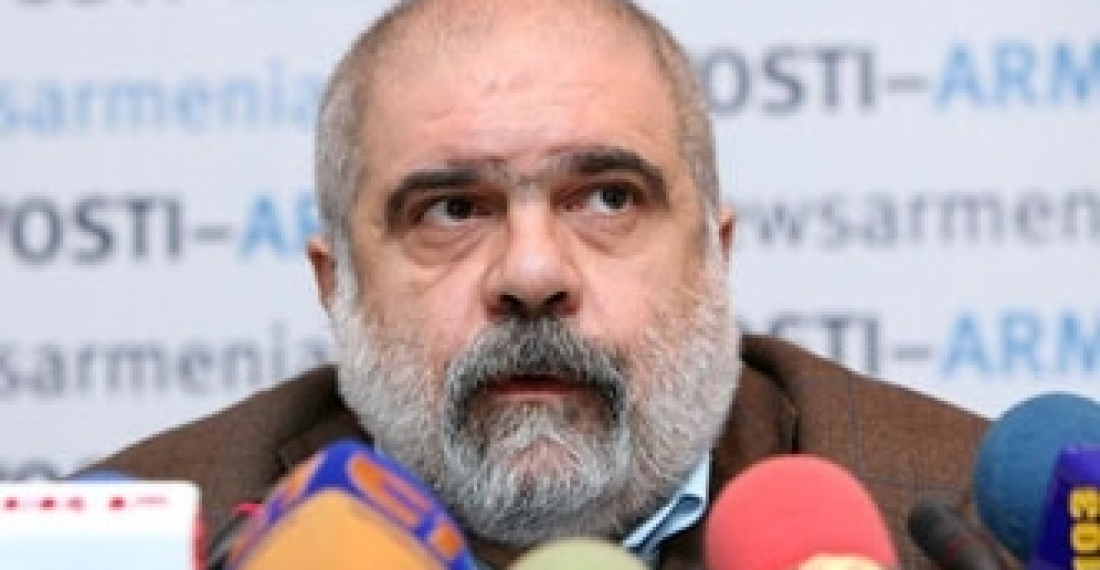Сохранение статус-кво в урегулировании Нагорно- карабахского конфликта неизбежно. Подобное мнение выразил журналистам директор Института Кавказа Александр Искандарян.
"Сегодня это прекрасно понимают и в Ереване, и в Баку, и даже в странах-посредниках, соответственно предполагать, что кризис в Европе, выборы в Армении, во Франции, в России и США могут как-то повлиять на ход урегулирования, став причиной изменений несерьезно. В случае же Азербайджана выборы давно потеряли свою актуальность", - заметил он.
Минская группа ОБСЕ, представленная сопредседателями от России, США и Франции, занимается урегулированием карабахского конфликта с 1992 года.
Комментируя деятельность Минской группы ОБСЕ по урегулированию НКК, Искандарян отметил, что она вполне справляется со своей миссией, которая вовсе не заключается в урегулировании конфликта, которого способны достичь лишь Армения, Азербайджан и Нагорно-Карабахская Республика. Миссия МГ, по его мнению, заключается в сохранении формата переговоров, хотя отсутствие представителя Нагорного Карабаха за столом переговоров, даже, несмотря на то, что Ереван держит Степанакерт в курсе процесса, выглядит в негативном свете.







